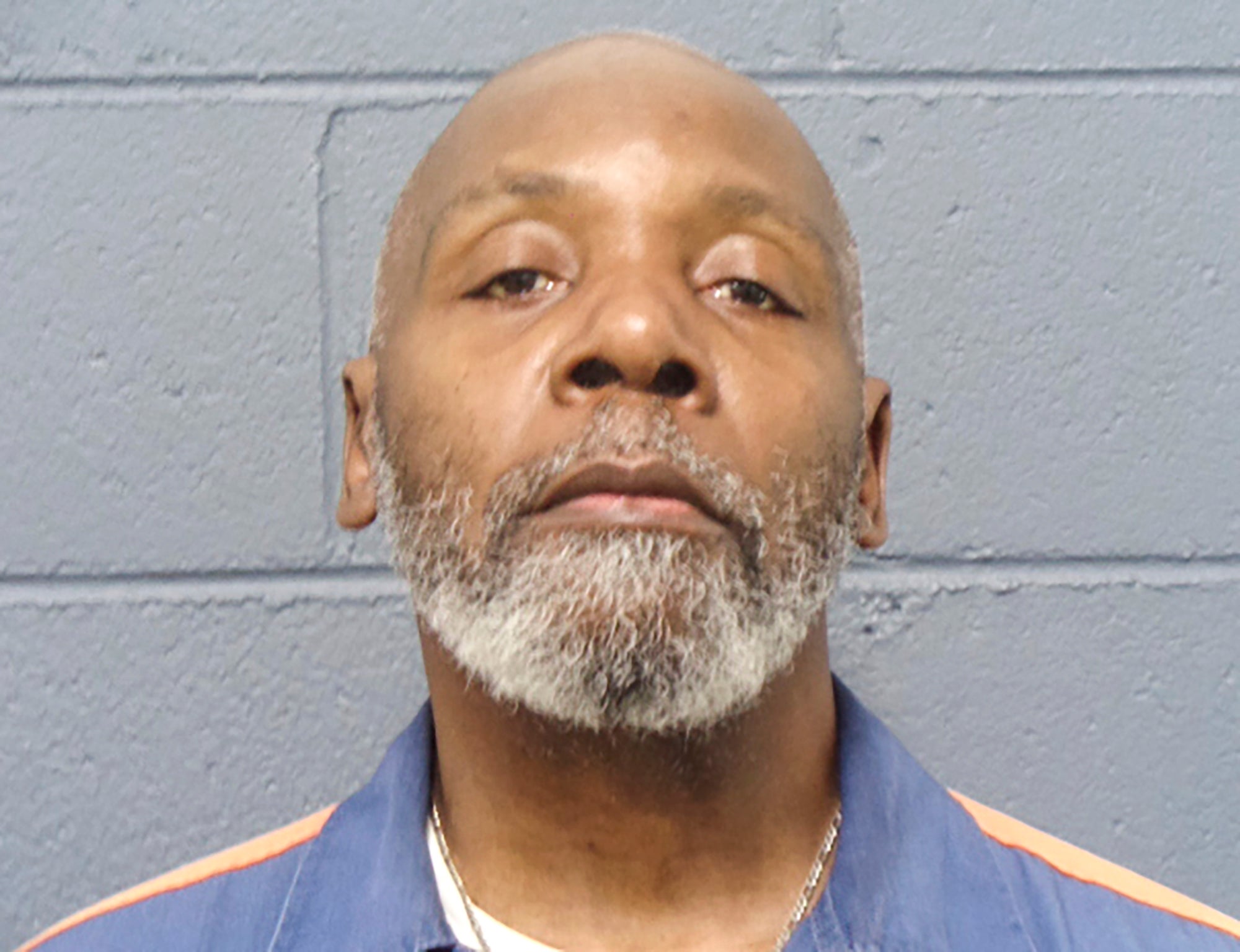Michigan prisoner representing himself succeeds in long shot appeal of burglary conviction
A Michigan prisoner has persuaded a judge to throw out his burglary conviction, overcoming long odds by serving as his own lawyer in an appeal of a case that rested solely on his DNA being found on a soda bottle in a beauty shop

Your support helps us to tell the story
From reproductive rights to climate change to Big Tech, The Independent is on the ground when the story is developing. Whether it's investigating the financials of Elon Musk's pro-Trump PAC or producing our latest documentary, 'The A Word', which shines a light on the American women fighting for reproductive rights, we know how important it is to parse out the facts from the messaging.
At such a critical moment in US history, we need reporters on the ground. Your donation allows us to keep sending journalists to speak to both sides of the story.
The Independent is trusted by Americans across the entire political spectrum. And unlike many other quality news outlets, we choose not to lock Americans out of our reporting and analysis with paywalls. We believe quality journalism should be available to everyone, paid for by those who can afford it.
Your support makes all the difference.A Michigan prisoner has persuaded a judge to throw out his burglary conviction, overcoming long odds by serving as his own lawyer in an appeal of a case that rested solely on his DNA being found on a soda bottle in a beauty shop.
Gregory Tucker, 65, argued that the DNA wasn't sufficient on its own to convict him in the 2018 break-in near Detroit, citing U.S. Supreme Court rulings about evidence.
U.S. District Judge David Lawson agreed that the case against Tucker was thin.
“Any inference that (Tucker) must have deposited his DNA on the bottle during the course of the burglary was pure speculation unsupported by any positive proof in the record,” Lawson wrote in the Aug. 1 ruling.
Anne Yantus, a lawyer who spent 30 years at the State Appellate Defender Office and who isn't connected to the case, said what Tucker managed to do isn't easy.
“I'm just impressed that this is a man who had enough confidence in himself and his legal skills to represent himself with a habeas claim,” said Yantus, referring to habeas corpus, the Latin term for a last-ditch appeal that lands in federal court long after a conviction.
The petitioner tries to argue that a guilty verdict violated various protections spelled out in federal law. Success is extremely rare.
Tucker was accused of breaking into a beauty shop in Ferndale in 2016. Supplies worth $10,000 were stolen, along with a television, a computer and a wall clock.
Tucker was charged after his DNA was found on a Coke bottle at the crime scene. Authorities couldn't match other DNA on the bottle to anyone.
Speaking from prison, Tucker told The Associated Press that he was “overwhelmed” by Lawson's ruling. He said he has no idea why a bottle with his DNA ended up there.
“A pop bottle has monetary value,” Tucker said, referring to Michigan's 10-cent deposit law. “You can leave a bottle on the east side and it can end up on the west side that same day.”
His victory hasn't meant he's been freed. Tucker is still serving time for a different conviction and can't leave prison until the parole board wants to release him.
Prosecutors, meanwhile, aren't giving up. The Michigan attorney general's office said it plans to appeal the decision overturning Tucker's burglary conviction.
___
Follow Ed White on X at https://twitter.com/edwritez